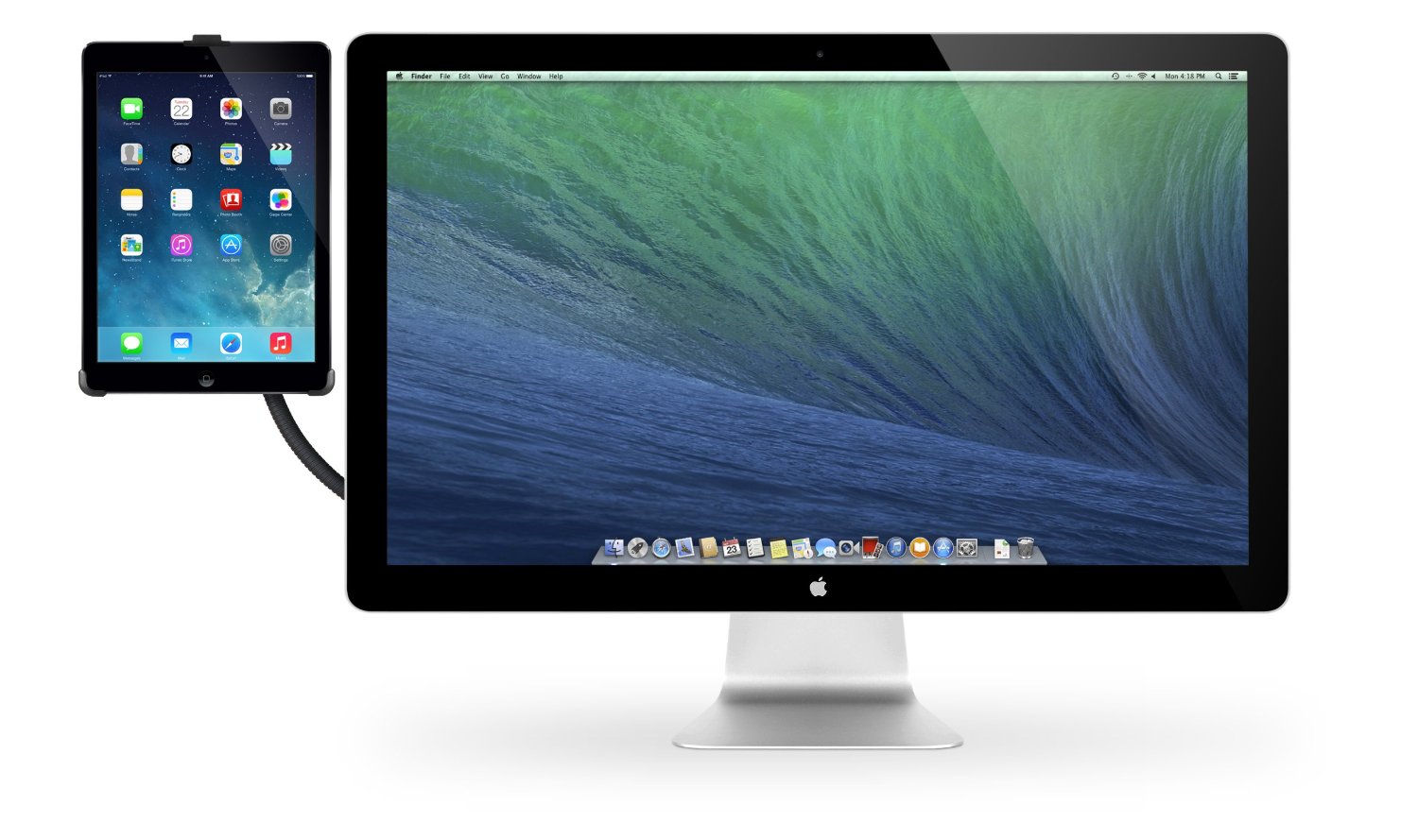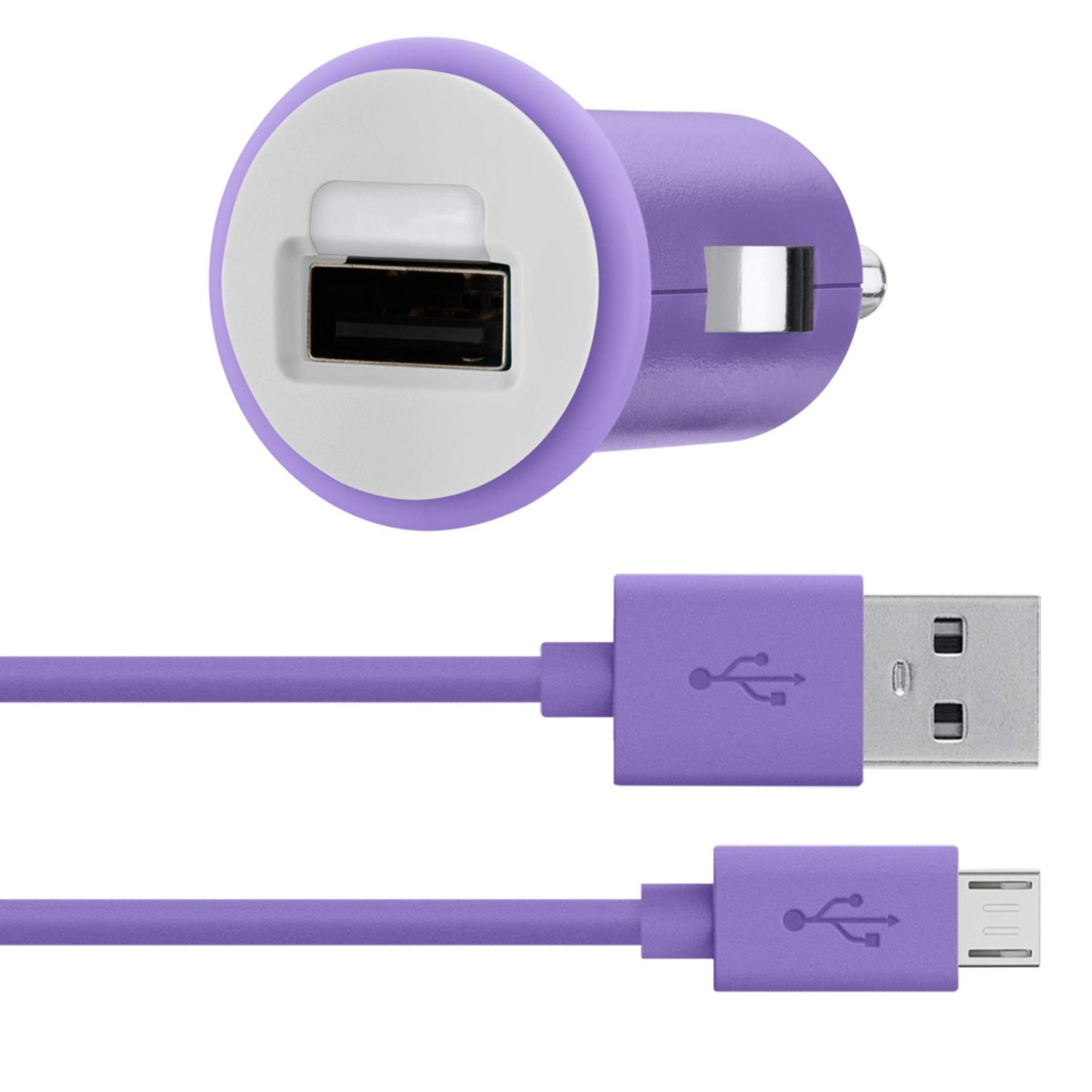Amazon Removes Pirated Books From Kindle
0
A couple of days ago, the Kindle community starting buzzing about Amazon’s latest dubious move on its gadget. In a move that stunned a lot of Kindle owners, Amazon decided to remove fully-paid books from the buyers’ Kindles and refund them the money automatically. Anybody who purchased “1984” or “Animal Farm” has probably gotten that message. Amazon has argued that the books were removed to protect the rights of the copyright holders.
These books were added to our catalog using our self-service platform by a third party who did not have the rights to the books. When we were notified of this by the rights holder, we removed the illegal copies from our systems and from customers’ devices, and refunded customers.
While it’s admiring how dedicated Amazon is to protecting the publishers’ rights, it’s simply outrageous for Amazon to exercise the power we knew it had to remove content from its customers’ Kindles without their consent. The story brings up two issues that the industry needs to be concerned about: 1. how to stop bootleg copies to make their way to Kindle (or other e-book readers). 2. how to deal with them once these bootleg copies are out there.
The piracy has been a big issue in the music and movie industries for the past few years. I have not been a fan of how RIAA and MPAA have gone about putting hefty fines on the table for folks who are caught distributing illegal copies on the Internet. But what Amazon has done goes beyond anything these two organizations have done in the past. To recall content from the customers’ Kindle without their consent is simply unacceptable. Especially if you count the fact that folks had paid for these copies.
This move sets a bad precedent for future cases. And think about all the ammunition that conspiracy theorists now have to stoke the fire. If Amazon can remove a certain book from your Kindle, it can probably monitor what you read on your device, right? I am sure Amazon is not in the business of violating anyone’s privacy, but one has to wonder where the line that shouldn’t be crossed is and whether Amazon has crossed it with its latest move.
Content piracy is a big issue and as a content publisher myself I am all for the issue being addressed in an effective fashion. What we can’t do is allowing Amazon or other companies dictate what can or can’t go on our e-book readers. If that were to happen, we may as well go back to paper books.










